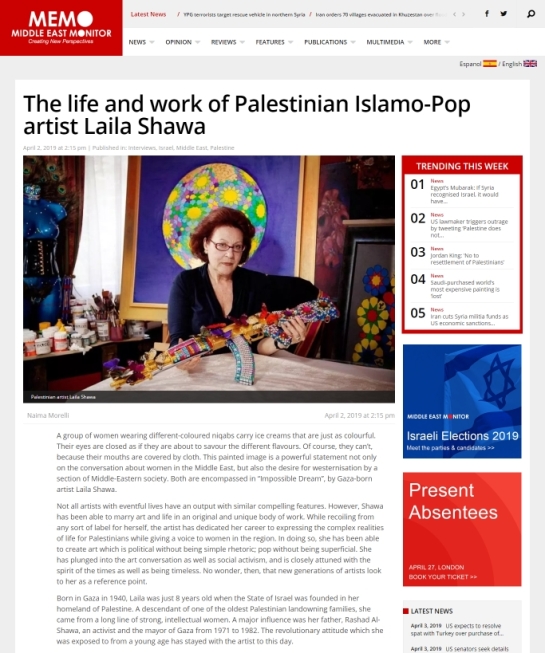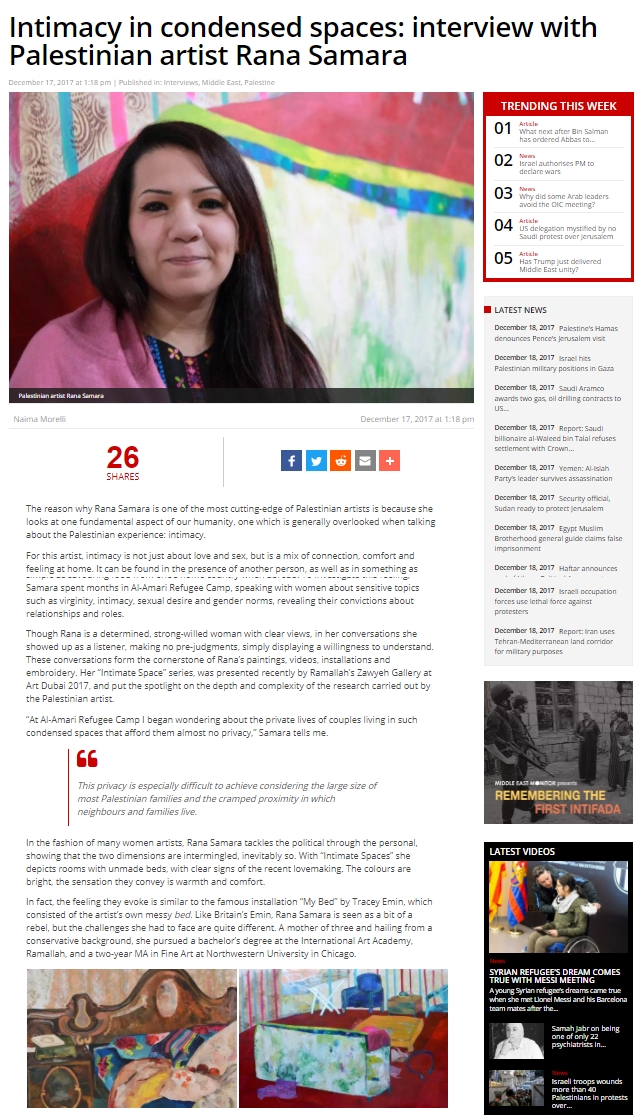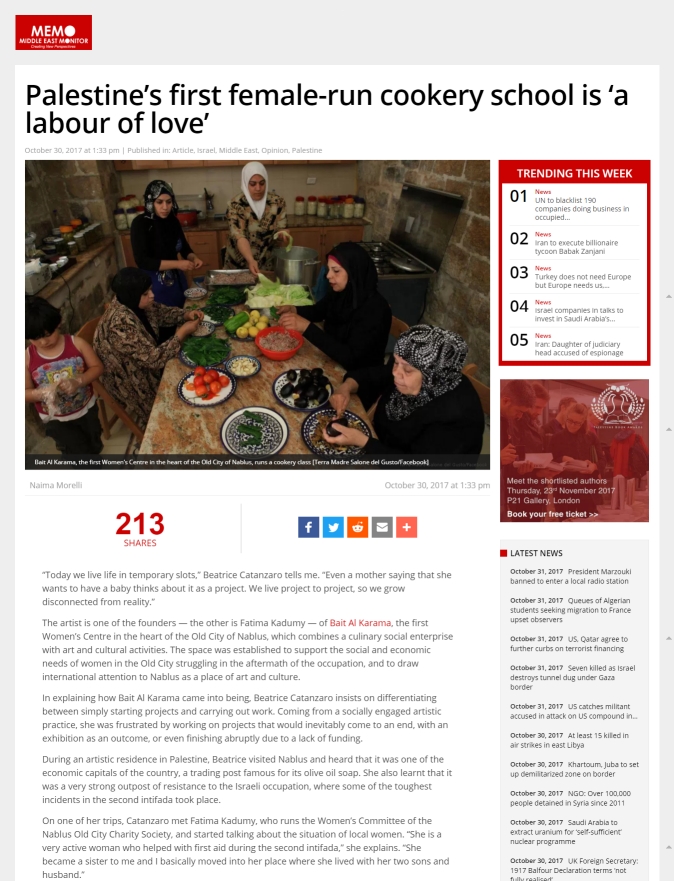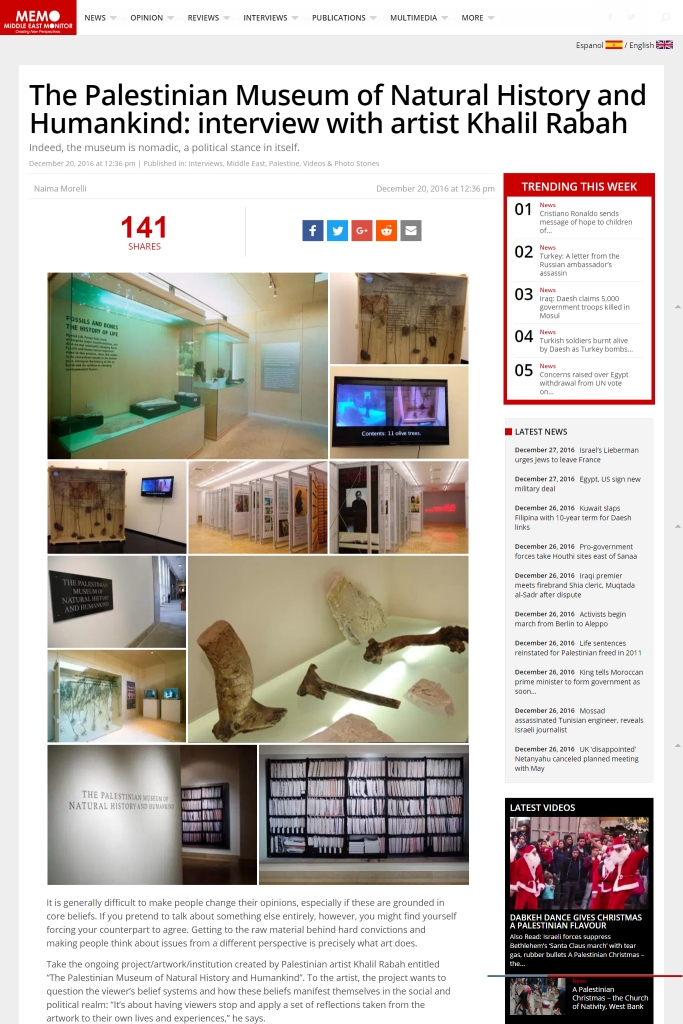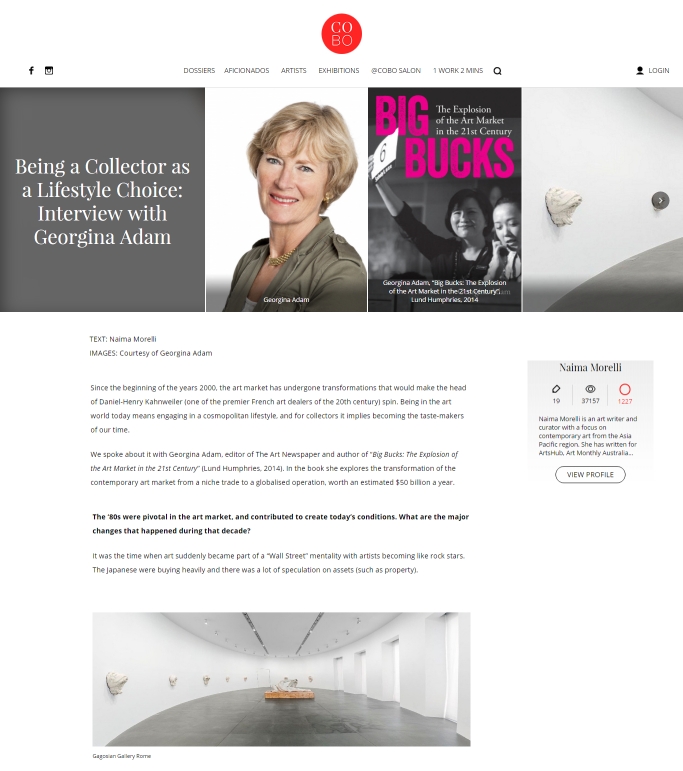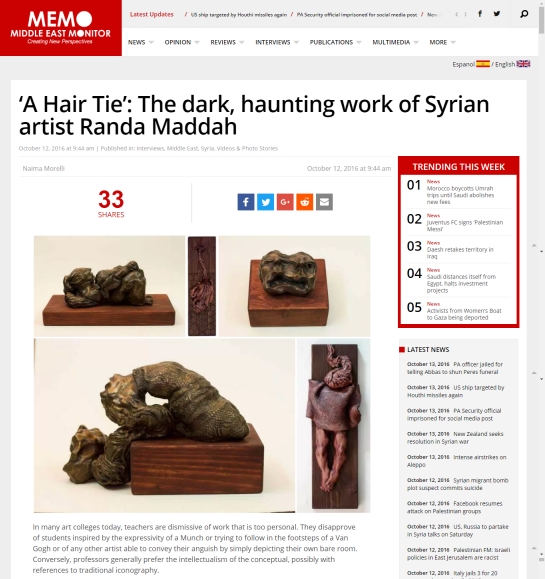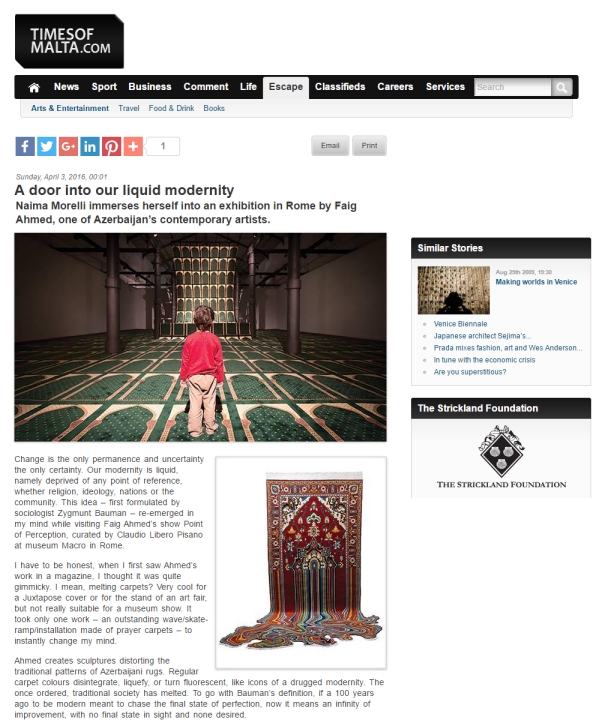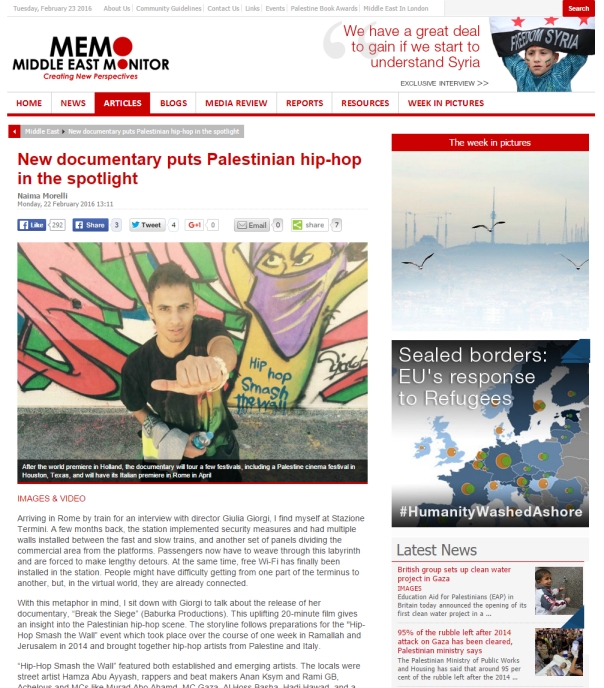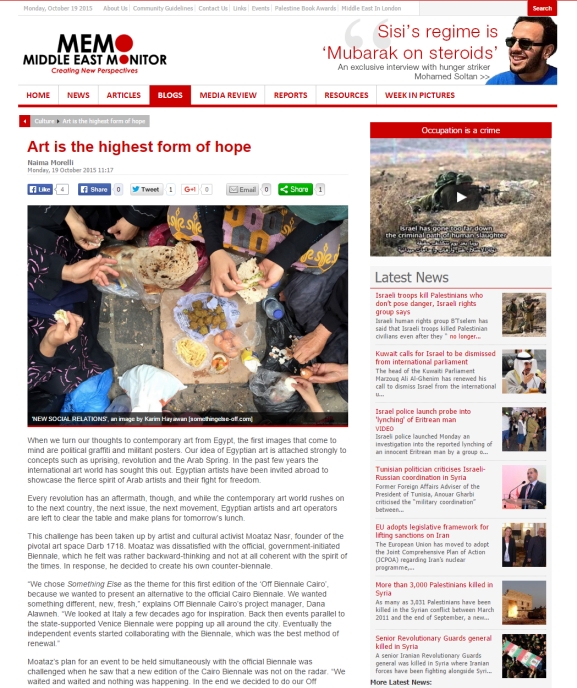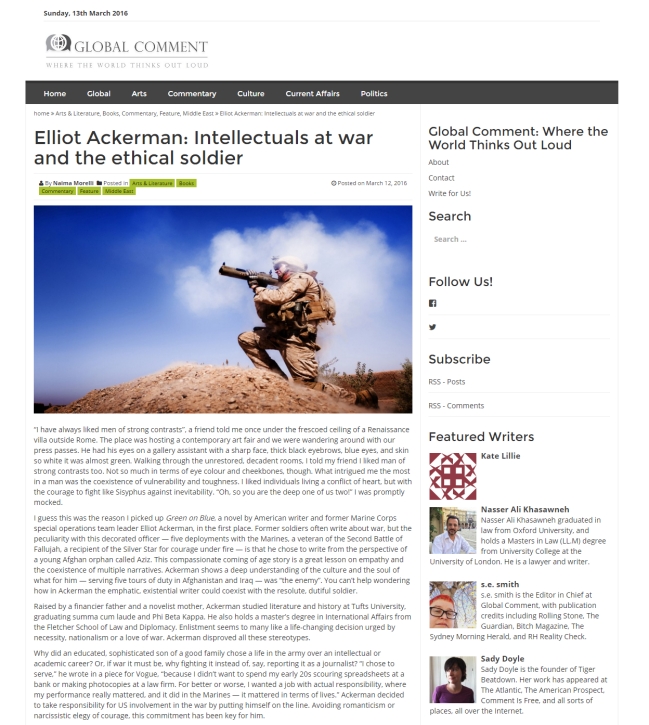
I’m glad I have a job that allows me to dwell on the many interesting inputs that I get from cultural experiences. I have been recently struck by the novel “Green on Blue”, by American writer and former marine corps special operations team leader Elliot Ackerman, and read a bit about his extraordinary life and work.
“Green on Blue” is a compassionate coming-of-age story, written from the perspective of a young Afghan orphan. The book is a great lesson on empathy and the coexistence of multiple narratives. In his work he touched the culture and the soul of what for him – serving five tours of duty in Iraq and Afghanistan – was “the enemy”.
While today the majority of intellectuals in the western world reject violence altogether, Ackerman sees violence and war as an inevitable evil. Steering clear from any kind of romanticism or narcissistic elegy of courage, he rather appeals to the concept of responsibility for educated people.
Is it possible to follow orders and practice obedience when you are an intellectual? How to develop empathy towards your enemies, accept their narrative, and still be able to fight, risk your life and kill? Can sensitivity and toughness coexist – and would that really make war less cruel? In this piece for Global Comment I reflected on these problems, drawing my conclusions from the author’s life example and writing.
Here’s the link to the piece
Read More
